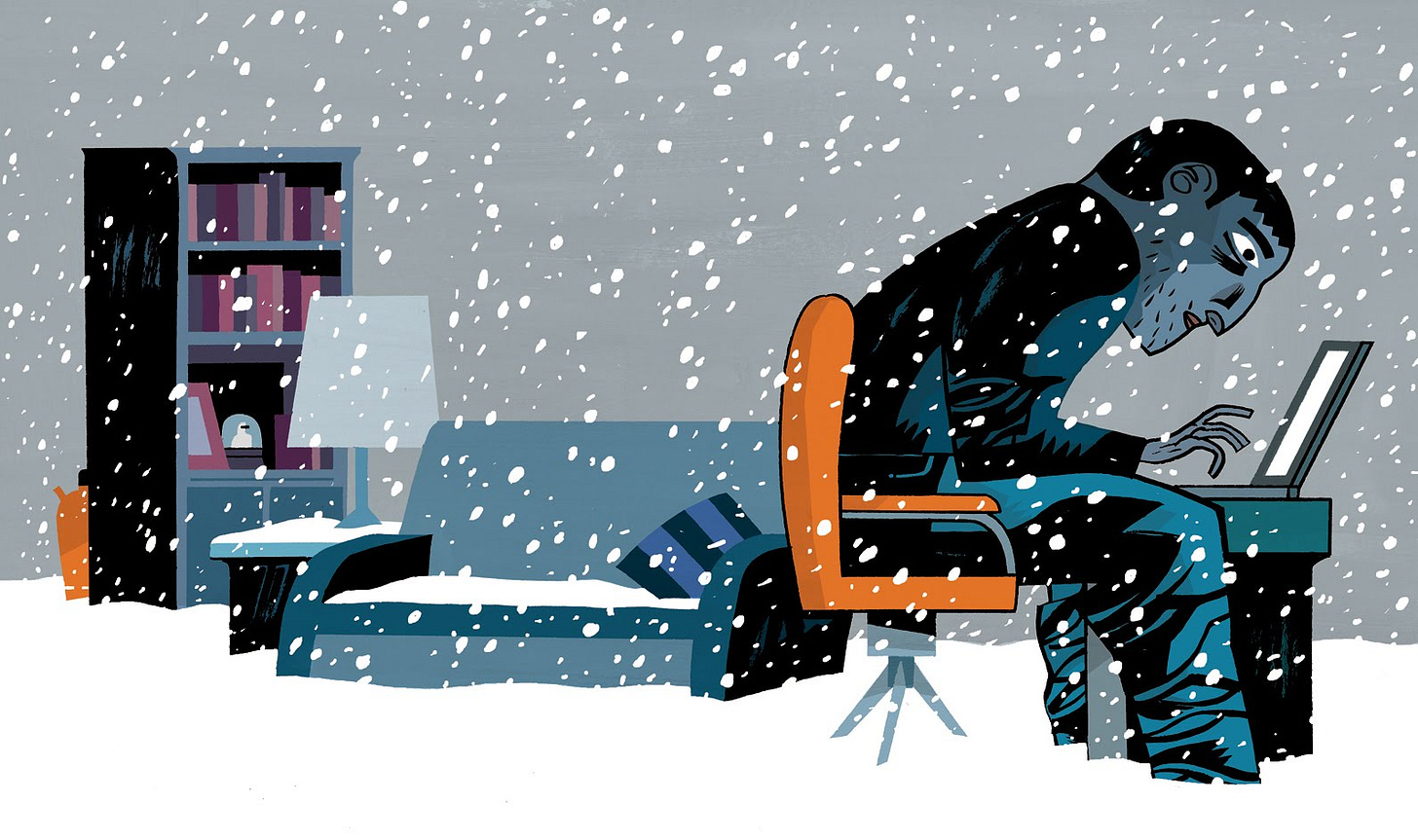Sometimes, Finland
A tragedy avoided plus a translation of a Hernan Casciari story on the fragility of a child's life.

Last Tuesday, my 2-year-old, Enzo, had an accident that could’ve resu…
Keep reading with a 7-day free trial
Subscribe to Storytime with Big Head to keep reading this post and get 7 days of free access to the full post archives.




